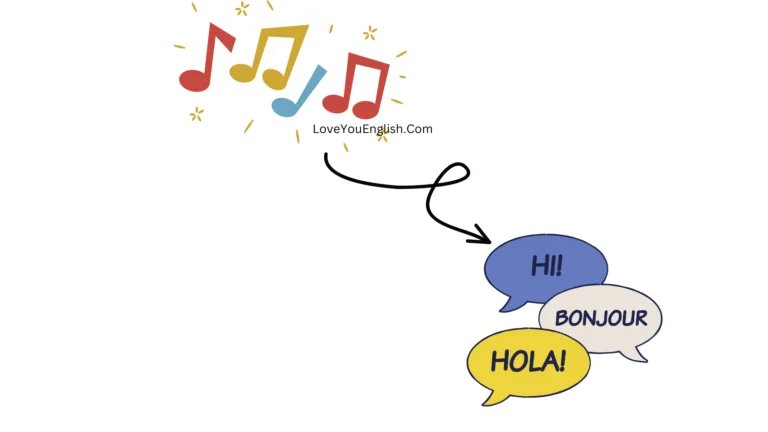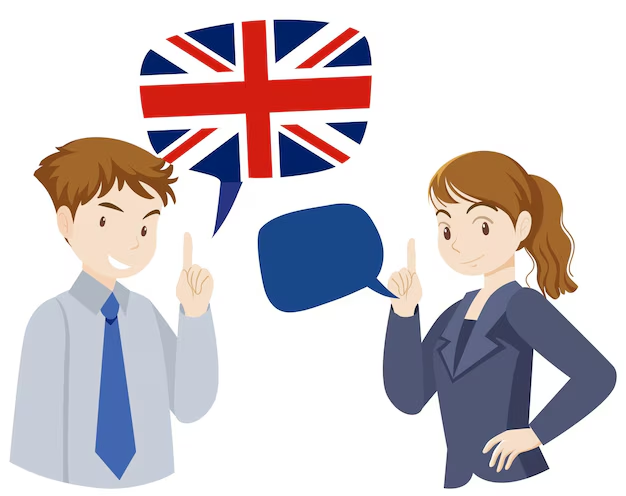History of the English language
History of the English language
English is one of the most widely spoken languages in the world today.
Over one billion people speak it as their first or second language.
But English has taken an amazing journey over thousands of years to get to where it is now.
The history of English is truly an epic adventure story!
The Beginnings – Proto-Indo-European
The roots of English go way, way back – over 6,000 years ago!
At that time, the ancestors of many modern European languages developed from what linguists call Proto-Indo-European.
This was the first language spoken by the nomadic tribes who roamed across Europe and Asia.
As these ancient tribes spread out into different regions, their single language very slowly evolved into distinct daughter languages over many centuries.
One of these daughter languages that developed around 3,000 BC was called Proto-Germanic.
The Germanic Tribes Arrive in Britain
Around 500 BC, the Germanic tribes began migrating westward across northern Europe.
Three of these tribes were the Angles, Saxons, and Jutes.
They came from what is now Denmark and northern Germany.
In the 5th century AD, these fierce Anglo-Saxon tribes invaded Britain.
They had a huge impact on the language spoken by the Celtic people already living there.
By the 7th century, the language we now call Old English had firmly taken root.
Old English was a Germanic language with some basic vocabulary borrowed from the local Celtic languages.
It used a version of the runic alphabet and had very few loan words from other languages.
The grammar and pronunciation were also quite different from modern English.
Old English Meets Norse Viking Invasions
In the 9th century AD, the Norse Vikings from Scandinavia began invading and occupying parts of Britain.
The language of the Vikings was Old Norse, which was a North Germanic language related to Old English.
For several centuries, the Anglo-Saxons and Vikings fought many fierce battles. But they also lived together in some regions.
During this long period of contact, Old Norse had a major influence on Old English.
The two languages borrowed many words from each other in areas like navigation, exploration, military, and more.
The Norman French Conquest in 1066
The next major event that dramatically changed the English language was the Norman Conquest in 1066 AD led by William the Conqueror.
The Normans were originally Viking settlers in France who adopted the French language.
After their invasion, they ruled Britain for several centuries as the new ruling class.
During this time period from 1066-1350, Norman French became the language of nobility, court, administration, and literature.
Meanwhile, the Anglo-Saxon underclass continued speaking their Old English, which slowly evolved into what we now call Middle English.
Middle English Emerges
Middle English developed between 1150-1500 AD. It borrowed thousands of Norman French words related to government, church, military, food, and more.
But its grammar and core vocabulary remained fundamentally English.
The Great Vowel Shift and Rise of Modern English
Around 1350-1700, a major transformation occurred that linguists call the Great Vowel Shift.
The vowel sounds in English pronunciation underwent a systematic change.
After the Great Vowel Shift, Middle English had evolved into the Early Modern English we would largely recognize today.
Grammar also became simpler, there was more consistent spelling, and the influence of printing helped standardize the language across Britain.
Spread of English Around the World
As the British Empire expanded its colonization across North America, Africa, Asia and Australasia during the 17th-19th centuries, English went along for the ride.
It took root and developed new varieties in every region where it spread.
In the 20th century, the rise of the United States as a global superpower also made American English a major world influence.
The digital age and dominance of the internet have accelerated the spread of English as a global lingua franca.
The Future of English
Today, English exists in a multitude of dialects and varieties around the globe.
There is no single uniform “English” anymore, but rather many diverse World Englishes shaped by local languages and cultures.
English continues rapidly evolving and adding new words from technology, media, youth culture, and languages everywhere.
It has become one of the most dynamic and flexible languages ever.
Where will the epic journey of English go next?
Only time will tell!
But one thing is certain – English has an amazingly rich history and has proven to be one of the world’s greatest survival languages.







